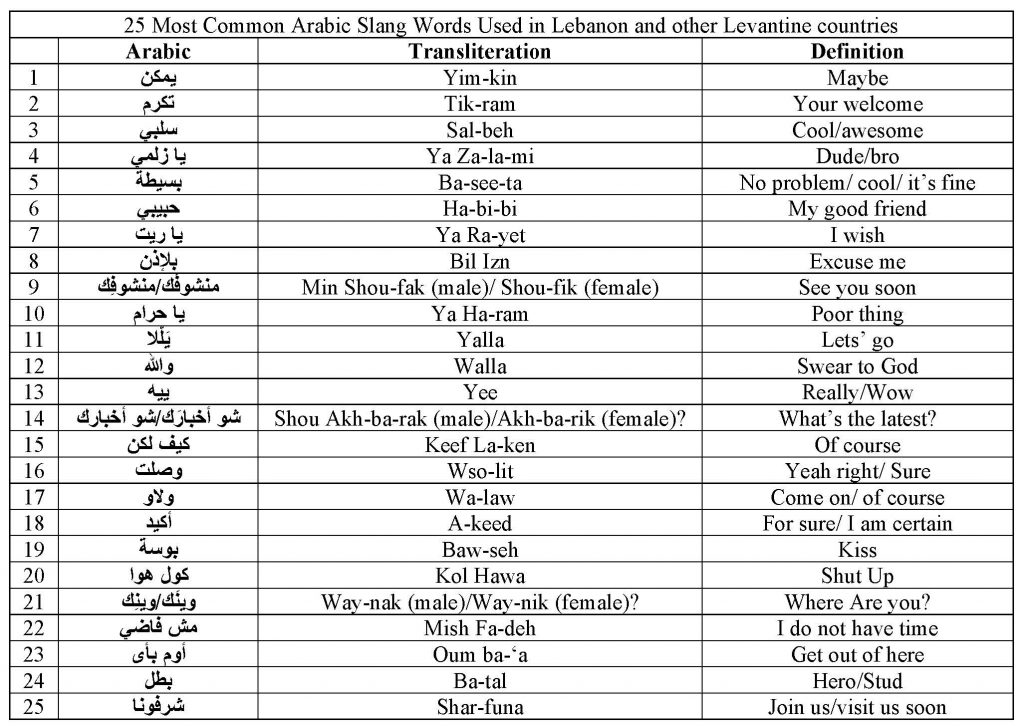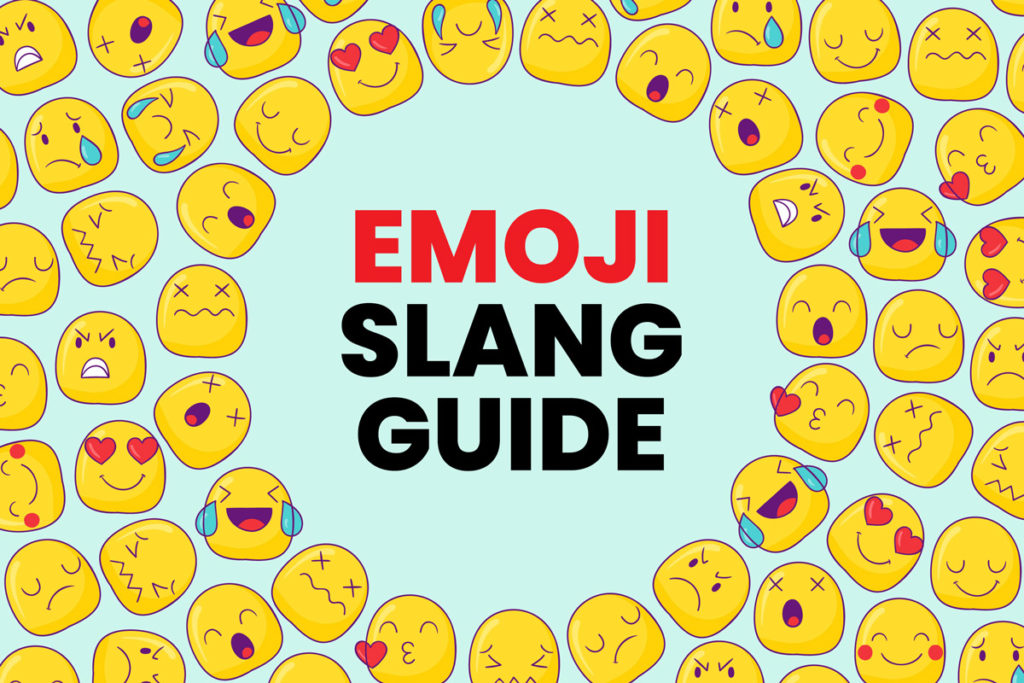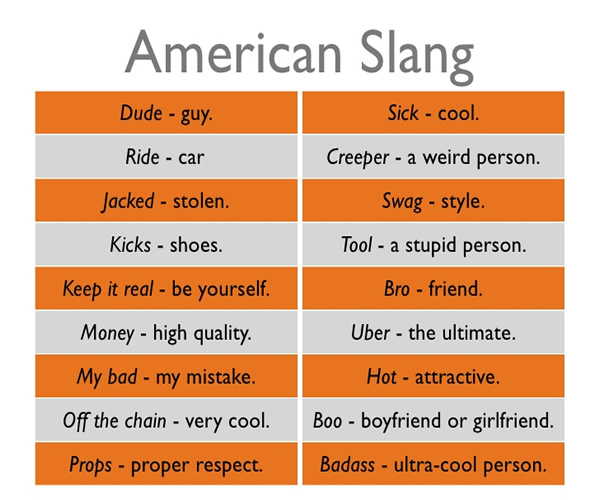Have you ever come across the term "Iwel" in online conversations or social media posts and wondered what it means? If you're new to internet slang, you're not alone. The world of slang is constantly evolving, and staying updated can be challenging. In this article, we will delve deep into the meaning of "Iwel," its origins, and how it's used in modern communication.
Urban Dictionary has become the go-to source for understanding contemporary slang terms, and "Iwel" is no exception. This article will provide a comprehensive overview of its meaning, usage, and cultural significance, ensuring you're well-equipped to use it appropriately in your conversations.
By the end of this article, you'll not only understand the meaning of "Iwel" but also gain insights into its context and how it fits into the broader landscape of internet slang. Let's get started!
Read also:Macys Kansas City Your Ultimate Shopping Destination
Table of Contents
- The Origin of IWEL
- IWEL Meaning in Urban Dictionary
- How to Use IWEL in Conversations
- Variations of IWEL
- The Popularity of IWEL
- Cultural Impact of IWEL
- Examples of IWEL in Action
- Common Misconceptions About IWEL
- The Future of IWEL in Slang
- Conclusion
The Origin of IWEL
Understanding the origin of any slang term is essential to grasp its true meaning. "Iwel" emerged in the early 2000s, primarily among urban communities in the United States. Its roots can be traced back to African American Vernacular English (AAVE), where it was used as a playful way to describe someone or something as being "extra" or overly dramatic.
Over time, the term gained traction online and became a part of internet culture. Social media platforms like Twitter and Instagram played a significant role in spreading its usage, making it accessible to a global audience.
According to linguistic experts, slang terms like "Iwel" often reflect societal attitudes and cultural shifts. Its rise in popularity coincides with the growing influence of AAVE on mainstream language, highlighting the importance of acknowledging its origins.
IWEL Meaning in Urban Dictionary
Urban Dictionary defines "Iwel" as a term used to describe someone or something that is overly exaggerated or flamboyant. It can also be used sarcastically to mock someone's behavior or appearance. For example, if someone is dressing too flashy or acting overly dramatic, you might call them "Iwel."
Key Characteristics of IWEL
Here are some key characteristics of "Iwel" based on its Urban Dictionary definition:
- Used to describe exaggerated behavior or appearance.
- Often carries a sarcastic or humorous tone.
- Popularized through online communities and social media.
While Urban Dictionary provides a basic understanding of "Iwel," its usage can vary depending on context and regional differences.
Read also:Johnny Depp Recent Photos Unveiling The Latest Moments Of The Iconic Actor
How to Use IWEL in Conversations
Using "Iwel" effectively requires an understanding of its context and tone. Here are some tips to help you incorporate it into your conversations:
1. Understand the Tone
"Iwel" is often used humorously or sarcastically. Make sure the context of your conversation allows for such tones to avoid misunderstandings.
2. Be Mindful of Cultural Sensitivity
Since "Iwel" originates from AAVE, it's important to be respectful and acknowledge its cultural roots. Avoid using it inappropriately or out of context.
3. Use It in Online Conversations
Social media platforms are the perfect place to use "Iwel." Whether you're commenting on a post or engaging in a conversation, adding "Iwel" can add a playful touch.
Variations of IWEL
Like many slang terms, "Iwel" has several variations that have emerged over time. Some of these include:
- Iwelling: Used as a verb to describe the act of being overly dramatic.
- Iwelier: A comparative form used to describe someone who is more exaggerated than others.
- Iweltastic: A more exaggerated form of "Iwel," often used humorously.
These variations add depth to the term and allow for creative expression in conversations.
The Popularity of IWEL
According to data from Google Trends and social media analytics, "Iwel" has seen a steady rise in popularity over the past decade. Its usage has been particularly prominent among younger demographics, who are more likely to engage with internet slang.
A study conducted by linguistics researchers at the University of California found that slang terms like "Iwel" often reflect generational shifts in language. As younger generations embrace new forms of communication, slang terms become an integral part of their vocabulary.
Factors Contributing to Its Popularity
Several factors contribute to the popularity of "Iwel":
- Its association with AAVE and urban culture.
- Its adaptability to various contexts.
- Its humorous and playful nature.
Cultural Impact of IWEL
The cultural impact of "Iwel" extends beyond its usage in everyday conversations. It has become a symbol of linguistic innovation and cultural exchange. As AAVE continues to influence mainstream language, terms like "Iwel" highlight the importance of recognizing and respecting cultural origins.
Many educators and linguists advocate for the inclusion of slang terms in language studies, emphasizing their role in shaping modern communication. By understanding the cultural significance of "Iwel," we can foster greater appreciation for linguistic diversity.
Examples of IWEL in Action
Here are some examples of how "Iwel" can be used in real-life conversations:
- Friend 1: "Did you see her outfit today?" Friend 2: "Oh my gosh, it was so Iwel!"
- User 1: "Why did you post that picture?" User 2: "Because I'm living my best Iwel life!"
- Commenter: "This event was so over-the-top, it was literally Iweltastic!"
These examples demonstrate the versatility of "Iwel" and its ability to add humor and flair to conversations.
Common Misconceptions About IWEL
Despite its popularity, there are several misconceptions about "Iwel" that need to be addressed:
- It's only used in negative contexts: While "Iwel" can be used sarcastically, it can also be used positively to describe someone's boldness or creativity.
- It's exclusive to one demographic: While it originated in AAVE, "Iwel" has been embraced by people of all backgrounds.
- It's outdated: Contrary to popular belief, "Iwel" remains relevant and continues to evolve with new variations.
By dispelling these misconceptions, we can better appreciate the true nature of "Iwel" and its role in modern communication.
The Future of IWEL in Slang
As language continues to evolve, the future of "Iwel" looks promising. With the rise of new platforms and technologies, slang terms like "Iwel" will likely find new ways to thrive in digital spaces.
Experts predict that slang will become even more integrated into mainstream language, blurring the lines between formal and informal communication. Terms like "Iwel" will play a crucial role in shaping this linguistic landscape.
Conclusion
In conclusion, "Iwel" is more than just a slang term; it's a reflection of cultural innovation and linguistic creativity. By understanding its meaning, origins, and usage, we can appreciate its significance in modern communication.
We encourage you to share your thoughts on "Iwel" in the comments below. How do you use it in your conversations? Do you have any favorite variations? Don't forget to explore our other articles on language and culture for more insights!
Remember, language is a powerful tool, and staying informed about its evolution can enhance our ability to connect with others. Thank you for reading, and happy "Iwelling"!


